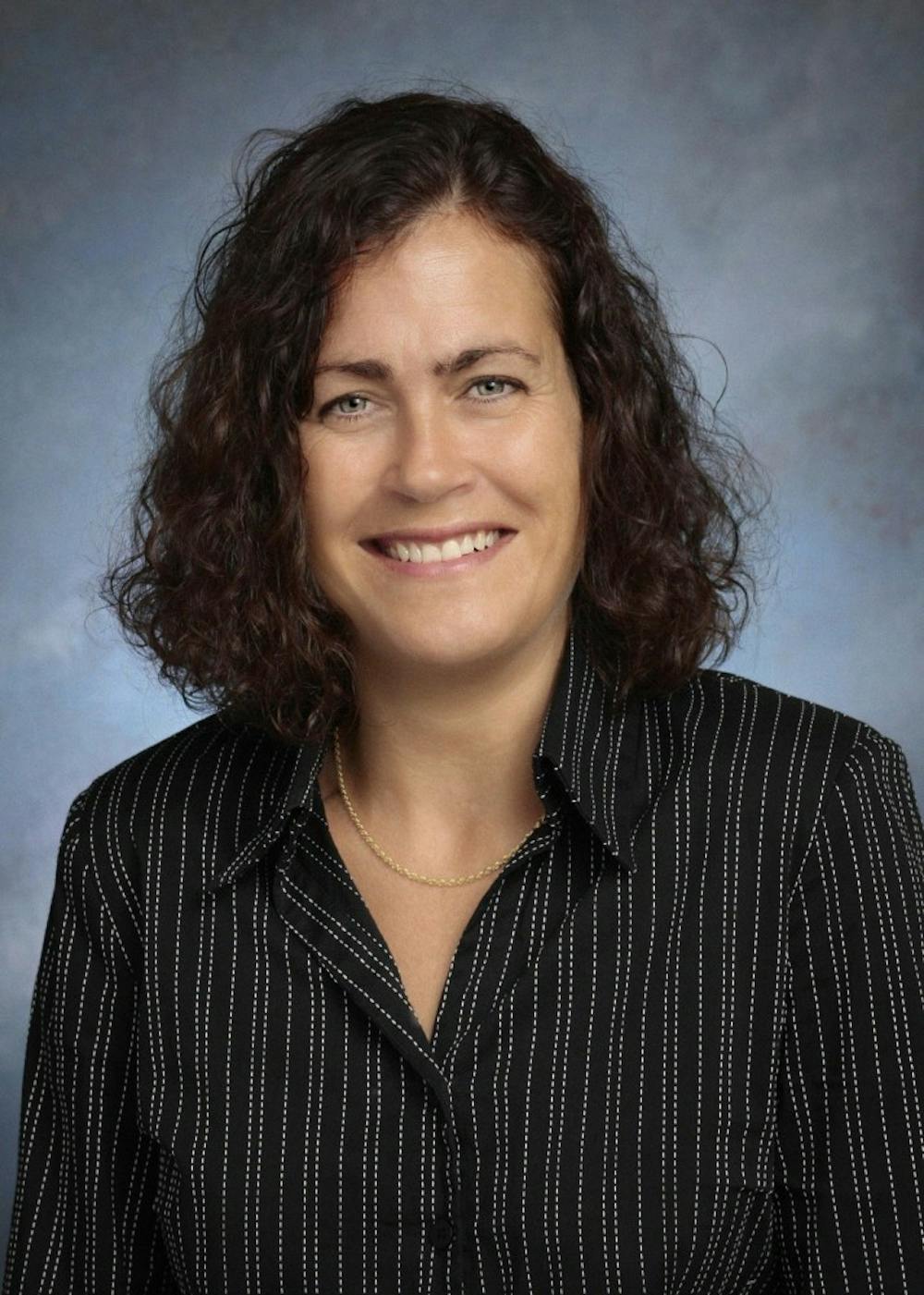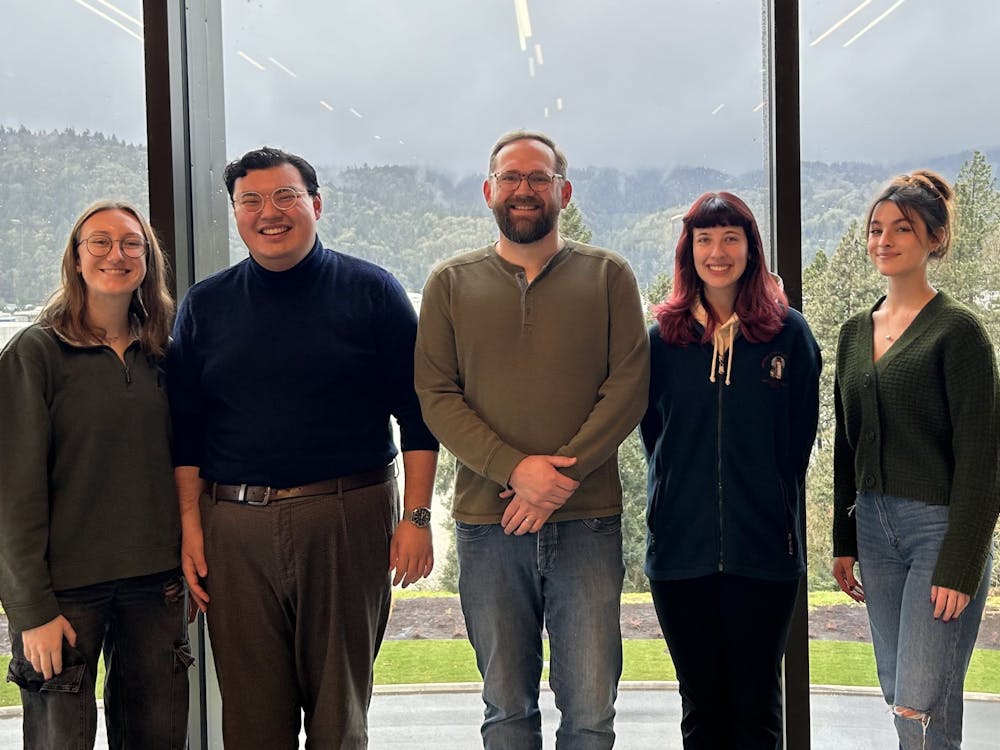According to the Association of American Universities, “the incidence of sexual assault and sexual misconduct due to physical force, threats of physical force, or incapacitation among female undergraduate student respondents was 23.1 percent.” This is clearly a national crisis and is, in fact, a crisis of culture that all of us – faculty, staff and students – need to take responsibility for correcting.
The first step towards changing a culture is acknowledging that it exists. I want to thank the Health and Counseling Center, the Student Health Advisory Board (SHAB) and Students Against Sexual Assault (SASA) for their recent work in encouraging this important dialogue.
We all have a role, a very urgent role, to report incidents, to prevent incidents and to take care of each other.
When I took on the position of Title IX Coordinator in September 2015, it was with the full knowledge of the gravity of this role. But I also knew a strong foundation for the University’s Title IX program had already been built.
A grant of $158,000 was awarded to the University of Portland from the U.S. Department of Justice’s Office on Violence Against Women (VAW Act) in 2011. At UP, the funds were directed to enhance victim services and to develop programs to prevent violent crimes against women on campus, including sexual assault, domestic violence, dating violence and stalking.
From the funding, UP launched the bystander intervention program, Green Dot, and created Community Against Violence (CAV), a partnership of UP staff, faculty and community partners dedicated to fostering a campus community free from all forms of violence.
The grant also enabled a number of community members, including the Title IX coordinator, the Vice President for Student Affairs, the Violence Prevention Coordinator, hearing officers and investigators, to attend a national training program on understanding and implementing Title IX.
Equally important, the grant allowed the University’s policies, practices and procedures to receive a vigorous review from national experts.
The University remains committed to continued improvement. Today, we have robust campus awareness and training programs, from the new first-year student consent education program at Orientation to continuous education of faculty and staff. This past summer, the University hosted the Association of Title IX Administrators (ATIXA) conference on campus and we have been asked to host another conference in the future.
At the beginning of the semester, I met personally with faculty to reinforce the importance of reporting and guiding students to confidential and non-confidential resources on campus. I have also been meeting with all athletic teams and coaches to discuss Title IX issues. Since I began this concerted effort last fall, the number of Title IX reports has increased significantly. This is a positive sign. It means that more people know about our policies and are coming forward to make a report.
Last week, a letter was emailed to all faculty and staff reminding them of their responsibilities under to Title IX to report any information around an incident of sexual discrimination, harassment or assault.
Every year leaders in the Office of Student Affairs and University legal counsel review our policies and practices related to Title IX. This semester I will be working with Vice President for Student Affairs, Fr. John Donato, C.S.C., to support this essential ongoing effort of continuous review and improvement.
The University’s goal is to elevate our campus culture beyond the national statistics and to provide a secure environment for students to thrive. We need people to report incidents. We need everyone to prevent incidents. We need to take care of safety and well-being on our campus.
We know there are people among us who have been hurt, and the University is committed to doing its best to make them feel safe and secure.
The University realizes that students may be afraid to report Title IX incidents for fear of being held accountable for other policy violations (e.g., intervisitation, alcohol, drugs or sexual intimacy). In order to support and encourage reporting, the University adopted The Amnesty and Retaliation Policy. This policy confirms that the University will not pursue lesser policy violations when receiving reports of Title IX incidents and will not tolerate any sort of retaliation from others named in the reports.
Anyone can make a report. Go and fill in the Title IX report form. A member of the Title IX team will typically respond to an initial contact within 24 hours.
We all need to be a part of the change.
Lauretta Frederking is University of Portland’s Title IX Coordinator and can be reached directly at ext. 8076 or at frederki@up.edu.









